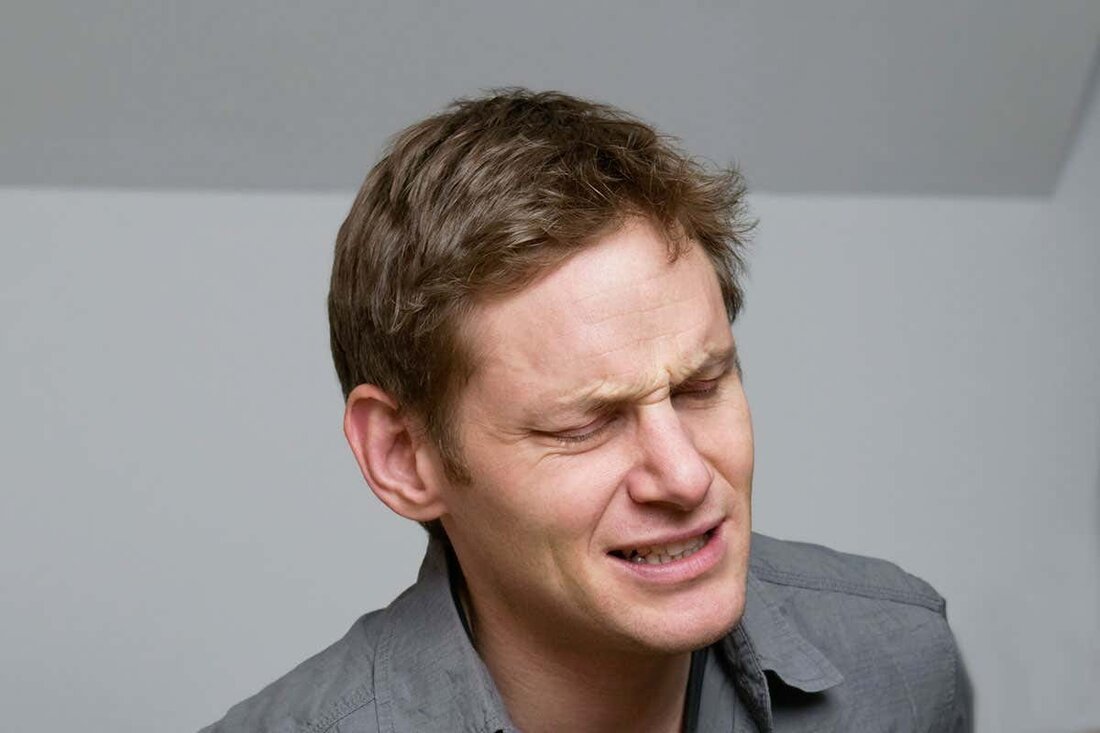Knee Pain Relief – The Unfortunate Triad Knee Injury – Knee Brace That Provides Support
The “Unhappy Triad” is a knee injury that usually occurs in contact sports such as soccer when the knee is struck from the side (outside) and forced inward. The Unfortunate Triad injury has also been referred to as the Terrible Triad or O'Donoghue's Triad. This results in injury to three important structures in your knee, namely the anterior cruciate ligament (ACL), meniscus, and medial collateral ligament (MCL). A non-contact “plant and twist” movement can lead to cruciate ligament tears and meniscus tears. In this example of an Unfortunate Triad injury, the MCL injury occurs with some type of side blow or fall. A blow to the side of the knee...

Knee Pain Relief – The Unfortunate Triad Knee Injury – Knee Brace That Provides Support
The “Unhappy Triad” is a knee injury that usually occurs in contact sports such as soccer when the knee is struck from the side (outside) and forced inward. The Unfortunate Triad injury has also been referred to as the Terrible Triad or O'Donoghue's Triad. This results in injury to three important structures in your knee, namely the anterior cruciate ligament (ACL), meniscus, and medial collateral ligament (MCL).
A non-contact “plant and twist” movement can lead to cruciate ligament tears and meniscus tears. In this example of an Unfortunate Triad injury, the MCL injury occurs with some type of side blow or fall. A side blow to the knee, such as in a tackle, can cause an Unhappy Triad injury.
If the knee is hit from the outside, your ACL can tear, causing the knee to dislocate. When the knee shifts like this, your femur and tibia push against the meniscus, inevitably damaging that cartilage. The resulting knee position can also cause the MCL to tear.
As a result, your knee can become extremely unstable due to this type of knee injury.
So what now? What can you do to help your knee before and after such an injury?
Surgery can help reconstruct the injured knee ligaments, but once the surgery is complete, it does not mean that your knee is completely healthy. Using a well-designed knee brace can help improve your stability and also help reduce your knee pain because of the support it can provide.
Additionally, a knee brace can also be used for prophylactic reasons before a terrible triad injury ever occurs. The likelihood of this type of injury occurring would be much lower if you wore a knee brace for support. This is achieved because the medial and lateral posts of the brace would help prevent excessive medial movement of the knee and this would reduce the likelihood of this injury. They essentially help eliminate the way in which the injury needs to occur so that you can continue to play the sport you play.
Don't look back in the future and wish you had taken those words more seriously. This information can help you avoid future regrets.
Inspired by Daniel P. Sims

 Suche
Suche
 Mein Konto
Mein Konto
